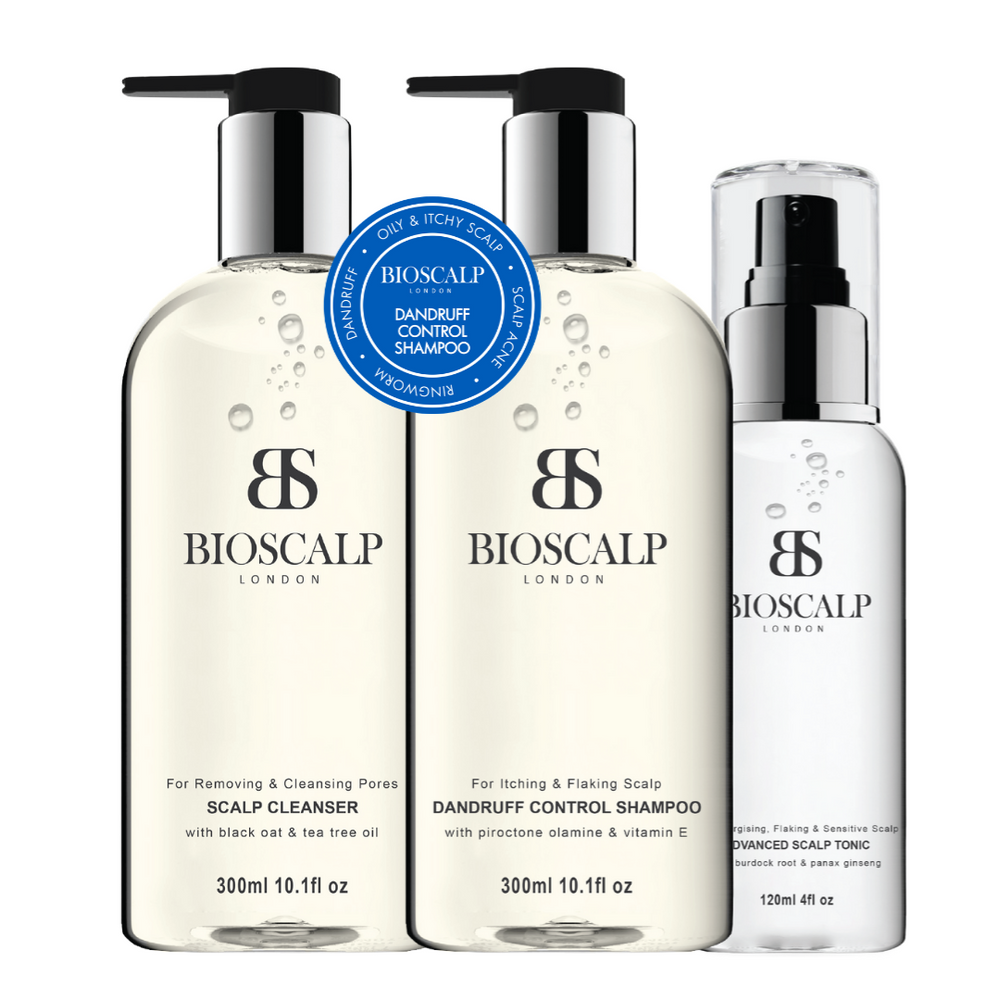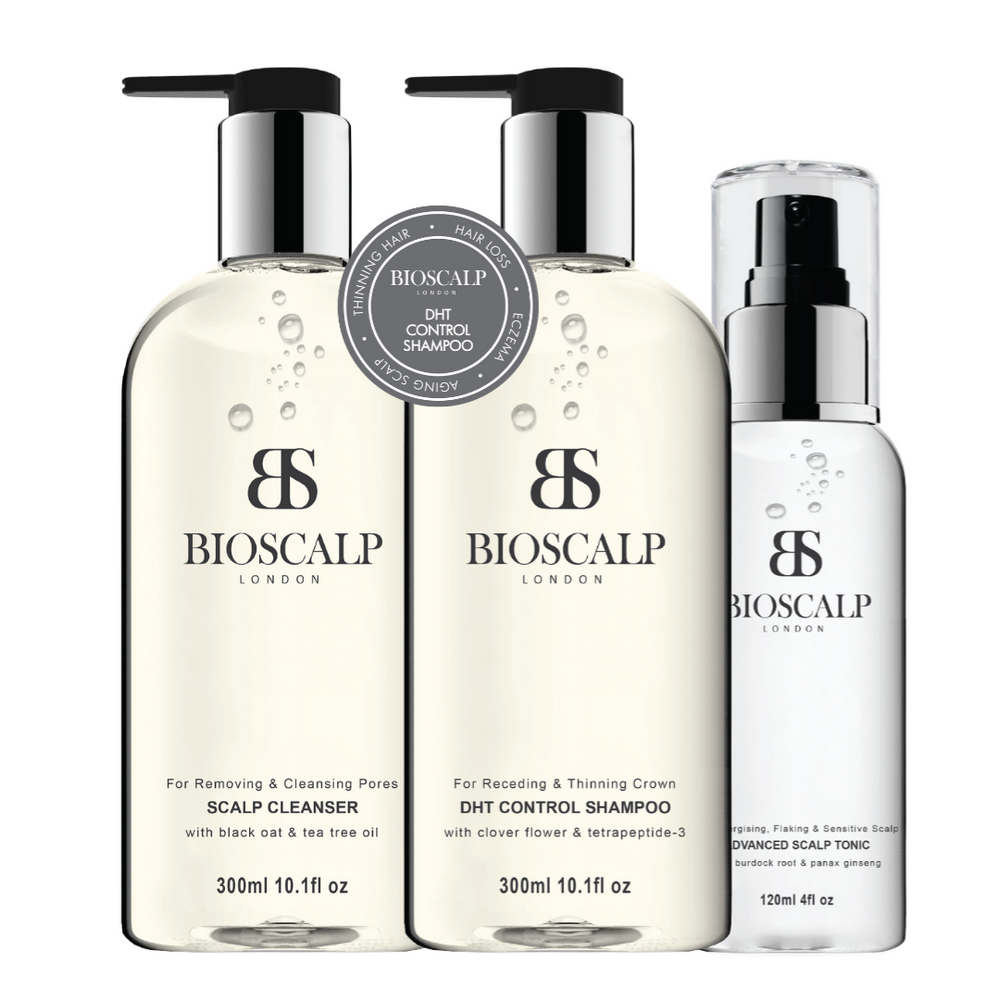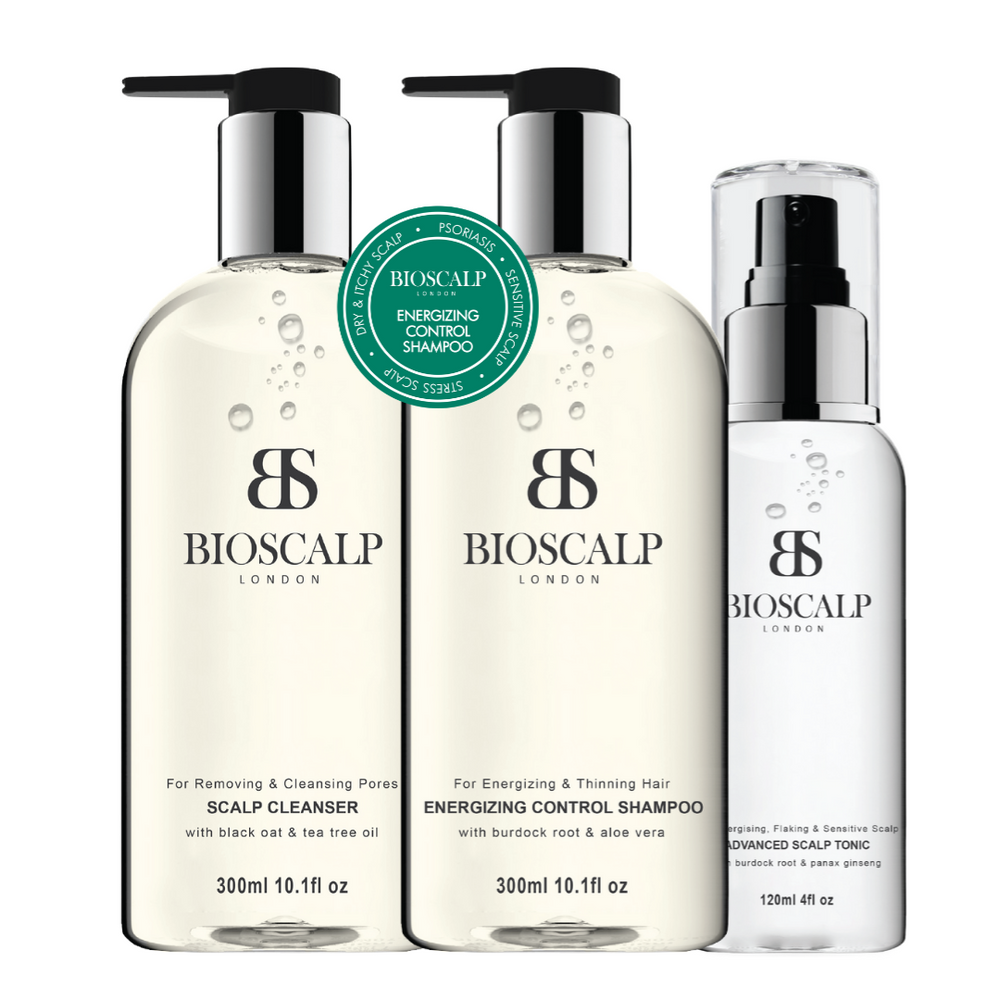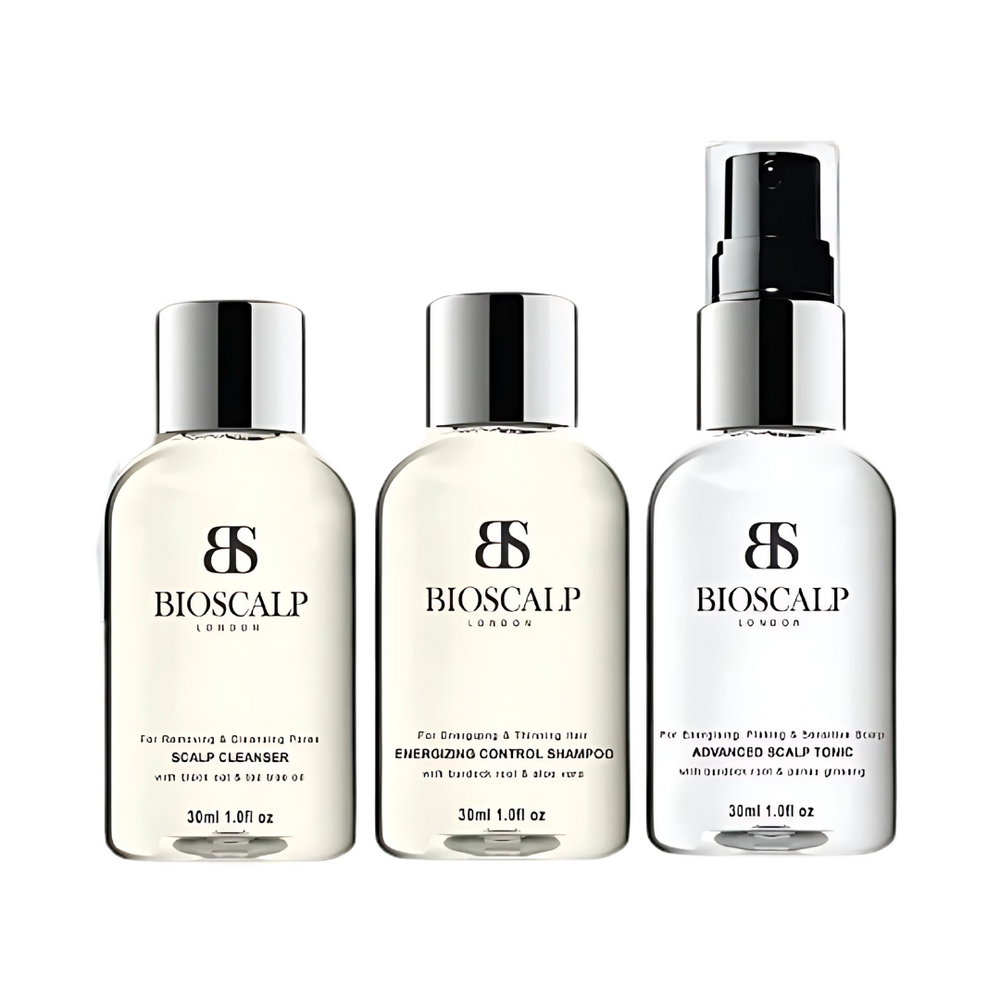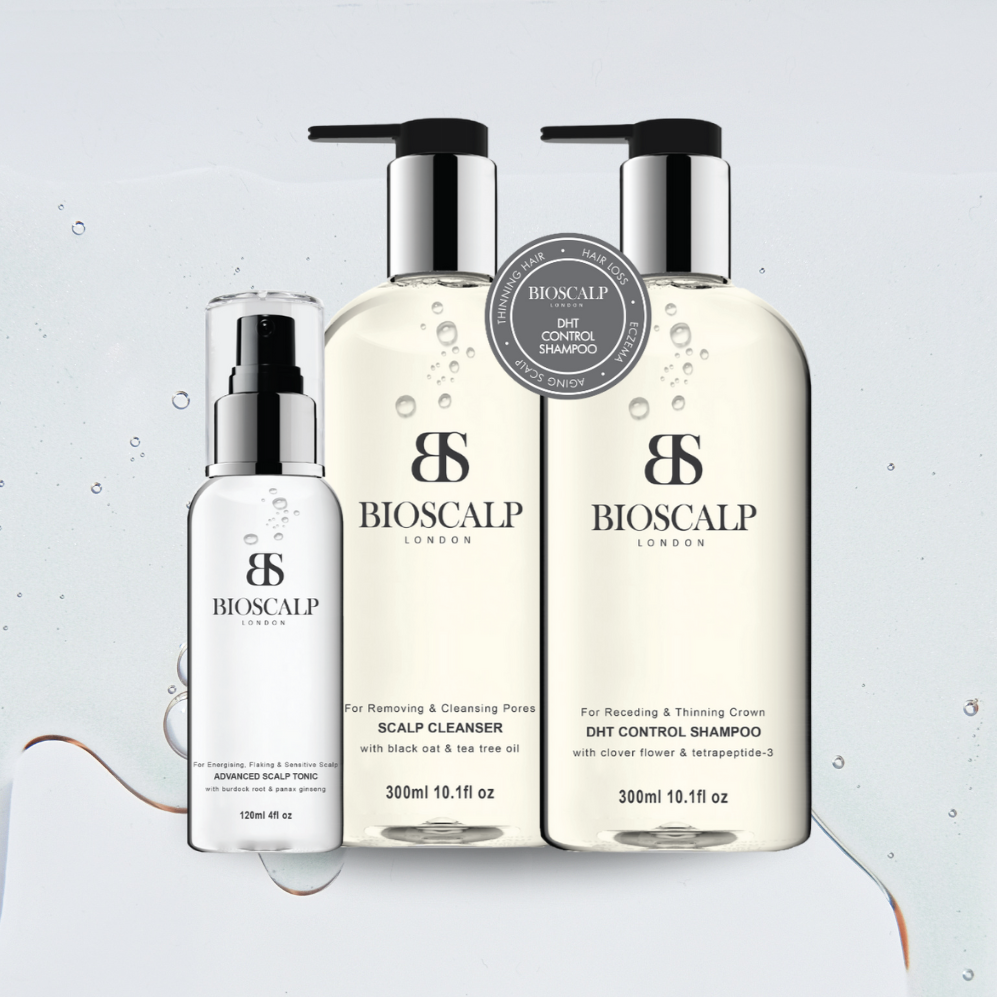An itchy scalp can be frustrating, especially when it occurs just a day after washing your hair. While clean hair is essential for scalp health, various factors can contribute to irritation shortly after washing. Understanding these causes is the first step toward finding relief and maintaining a healthy, comfortable scalp.

Dry Scalp
One of the most common reasons for post-wash itchiness is a dry scalp. Over-washing or using harsh hair care products can strip the scalp of its natural oils, which act as a protective barrier. Without these oils, your scalp can become dry, irritated, and prone to itching. This issue is particularly common during colder months or in environments with low humidity, where the skin is more susceptible to dryness. To combat this, consider using gentler shampoos and incorporating a moisturizing scalp treatment into your routine.
Product Buildup
Residual shampoo, conditioner, or styling products that aren’t thoroughly rinsed out can accumulate on the scalp, leading to discomfort and itchiness. Product buildup clogs pores, disrupts the scalp’s natural balance, and traps dirt and oils, creating an environment prone to irritation. Even hair products labelled as lightweight can leave traces if not properly rinsed. To address this, ensure you rinse your hair thoroughly during each wash and consider using a scalp cleanser periodically to remove buildup.
Allergic Reactions
If your scalp itches after washing, it could be due to an allergic reaction to ingredients in your hair care products. Fragrances, sulphates, parabens, and preservatives are common culprits that may trigger sensitivity or irritation. For those with sensitive skin, even seemingly harmless natural ingredients like essential oils can cause reactions. Switching to hypoallergenic or dermatologist-recommended hair care products can help minimize the risk of allergic reactions and soothe an irritated scalp.
Seborrheic Dermatitis
Seborrheic dermatitis is a common skin condition that affects the scalp, causing redness, inflammation, and flaking. This condition, often linked to an overgrowth of Malassezia yeast, can be exacerbated by hair washing, as the process may temporarily disrupt the scalp’s natural balance. People with seborrheic dermatitis often experience itchiness shortly after washing, as the scalp reacts to the changes in its environment. Using medicated shampoos with ingredients like zinc pyrithione, selenium sulphide, or ketoconazole can help manage this condition effectively.
Excessive Natural Oils
While a dry scalp can cause itchiness, an overly oily scalp can also be problematic. After washing, sebum (the scalp’s natural oil) may quickly accumulate if it isn’t distributed evenly down the hair shaft. This buildup can create an uncomfortable, itchy sensation. Factors such as genetics, hormonal changes, or improper rinsing techniques may contribute to excess sebum production. Regular washing with a gentle, balancing shampoo can help control oil levels without causing dryness.
pH Imbalance
Hair care products can sometimes alter the scalp's natural pH balance, leading to dryness, irritation, and flakiness. A healthy scalp typically has a slightly acidic pH, which helps maintain its protective barrier and prevent fungal or bacterial overgrowth. Products with an overly alkaline pH can disrupt this balance, making the scalp more susceptible to itching and irritation. To maintain pH balance, opt for products specifically formulated to support scalp health and avoid harsh ingredients that strip natural oils.
How to Alleviate Scalp Itchiness
If you find your scalp itching after washing, there are several steps you can take to alleviate discomfort and prevent future irritation. First, choose gentle, sulphate-free shampoos and conditioners that hydrate and nourish your scalp without causing dryness. Thoroughly rinse out all hair care products to avoid buildup and irritation. Incorporate moisturizing treatments like natural oils or scalp serums to maintain hydration, and consider using a clarifying shampoo once a month to remove product residues.
Additionally, avoid overwashing your hair, as this can strip essential oils and exacerbate dryness. Instead, find a washing schedule that works for your scalp type—typically every 2-3 days for most people. If your symptoms persist despite these changes, consult a dermatologist for a proper diagnosis and treatment plan, as conditions like seborrheic dermatitis or allergic reactions may require specialized care.
Struggling with an itchy scalp? Explore BioScalp’s range of dermatologist-recommended scalp care products, specially designed to soothe irritation, restore balance, and keep your scalp healthy. Visit our website to find the perfect solution for your needs!



